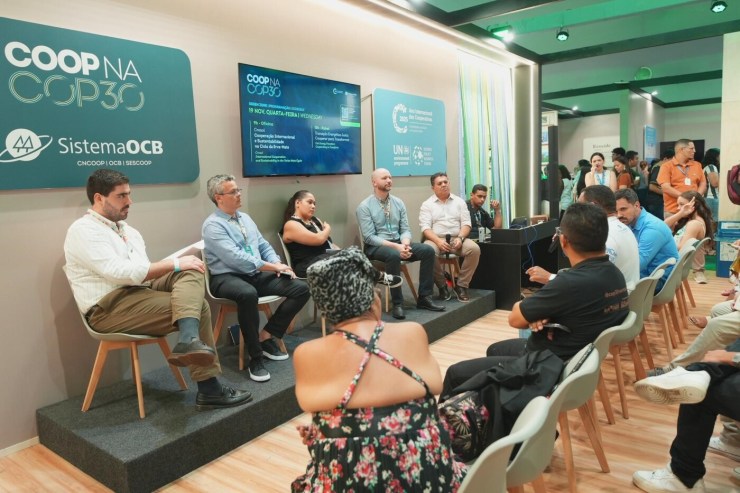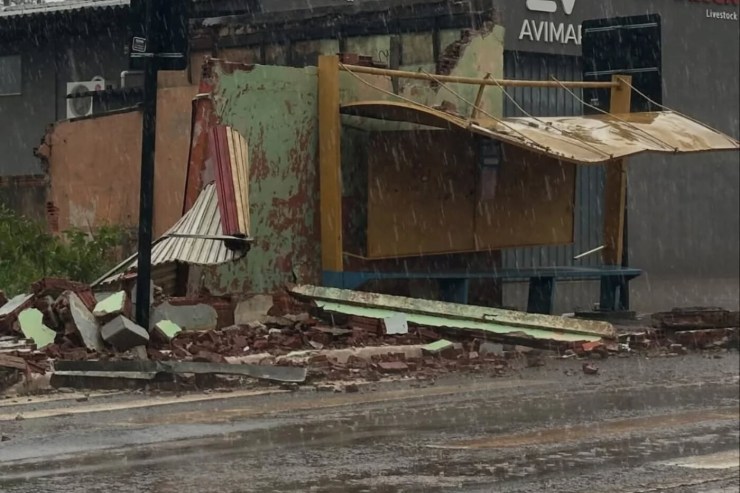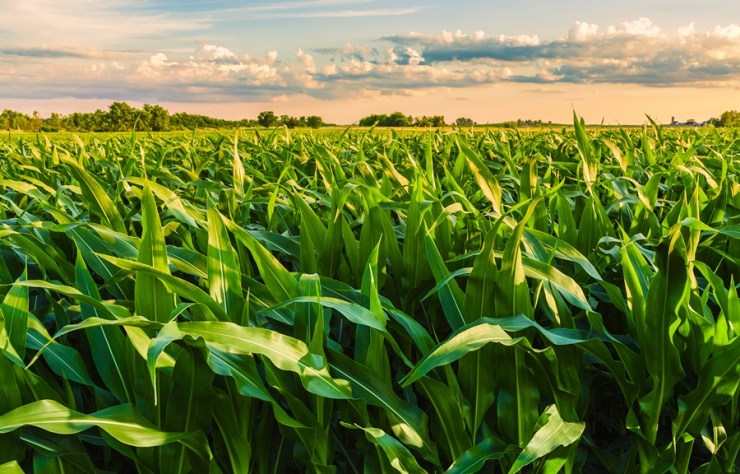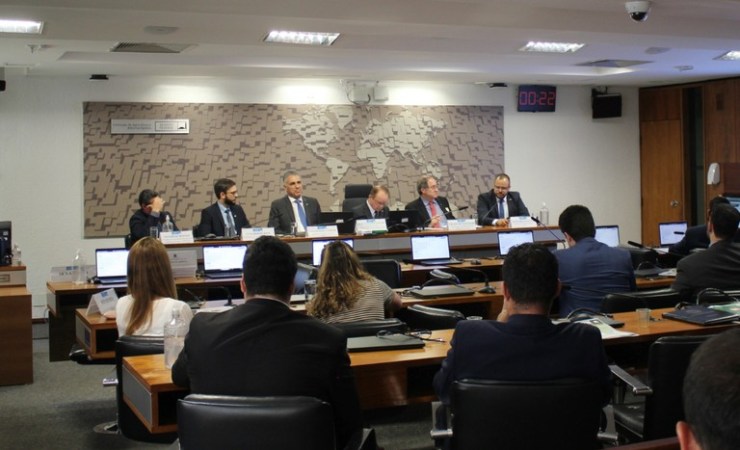Paraná sent the Ministry of Agriculture and Livestock (Mapa) and the Ministry of Agrarian Development and Family Farming (MDA) the , with a suggestion to release R$597.1 billion to cover the needs of credit, investments and guarantees for producers. For the harvest that ends in June of this year, the volume released by the federal government was R$475.5 billion.

Photo: Jonathan Campos
The proposal from Paraná, which has already become traditional every year, is that R$417 billion be allocated to financing and marketing credits and R$180.1 billion to investments.
Farmers included in the National Program for Strengthening Family Farming (Pronaf) would have access to R$90 billion, those in the National Program for Supporting Medium-Sized Rural Producers (Pronamp) would have access to R$86 billion, and the remaining R$421 billion would go to other farmers.
The document was sent on Friday (28) with the signature of the heads of the representative bodies of state agriculturalists who helped in the preparation: Secretariat of Agriculture and Supply of Paraná (Seab), Institute of Rural Development of
– Iapar-Emater (IDR-Paraná), Federation of Agriculture (Faep), Federation of Rural Workers and Family Farmers of the State of Paraná (Fetaep) and Ocepar System.
“The proposal takes into account the challenges that many producers have faced, especially in light of the climate variations and price volatility observed in recent harvests,” said the State Secretary of Agriculture and Supply, Natalino Avance de Souza. “The values presented and the suggestions on how to apply them aim to give producers more peace of mind so they can do what they know how to do, which is produce food. The suggestions are in line with the reality experienced in the field.”

THE forwarded to the Ministry of Agriculture and Livestock, with a copy to the Ministry of Agrarian Development and Family Farming along with the proposals, emphasize the main points to be analyzed in the document: “The need to increase the amount of resources for financing, marketing and investment, the need to recompose the budget for subsidizing rural insurance premiums, promoting the rebalancing of the gross income ceiling for family farming and a special look at interest rates, considering the national economic scenario” stand out.
The document also highlights the importance of these points. “The measures presented by the entities from Paraná are strategic in nature and contribute to the national economy. They effectively seek to collaborate in maintaining the growth of Brazilian production of food of plant and animal origin, a determining factor in the composition of the basket of indexes that make up the calculation of inflation and the maintenance of the country's food security,” highlights the text of the letter.
Costing and marketing
The document highlights that financing for costs enables the acquisition of inputs, such as seeds, fertilizers, pesticides and feed, ensuring that producers have the necessary resources for each harvest. Credit for marketing, on the other hand, enables the storage and sale of production at more favorable market times, avoiding the need for negotiations during periods of low prices.

Photo: Jaelson Lucas
The proposal is that R$417 billion be made available for these two activities, with R$45 billion for the National Program to Strengthen Family Farming (Pronaf), R$72 billion for the National Program to Support Medium-Sized Rural Producers (Pronamp) and R$300 billion for other producers.
The suggested contracting limits are R$$ 400 thousand for Pronaf, with an interest rate of 0.5% to 5.5% per year. For Pronamp, the limit would be R$$ 2 million, with interest of 7%, while other producers could contract up to R$$ 4 million, with 11% per year.
A special line is also proposed for milk producers, with the aim of allowing them to retain their matrices and acquire food for their herd, “enabling them to maintain their production capacity even in periods of economic adversity”.
Investments
The proposal includes the application of R$180.1 billion for this purpose. The priorities presented by the agribusiness entities of Paraná are the Program for Construction and Expansion of Warehouses (PCA), which would have R$11.5 billion; the Program for Financing Irrigated Agriculture and Protected Cultivation (Proirriga), with R$3 billion; the Program for Incentive to Technological Innovation in Agricultural Production (Inovagro), with a forecast of R$4.5 billion; and the Program for Financing Sustainable Agricultural Production Systems (RenovAgro), with a proposal of R$10 billion.
The suggestion is that these programs listed as priorities have pre-fixed interest rates and lower interest rates, in addition to longer repayment terms than other investment programs.
Rural risk management

Photo: Albari Rosa
With the aim of having a valve to mitigate the impacts of adverse weather conditions, recurring pests and frequent market fluctuations, the proposal is to release R$15T 4 billion for the Rural Insurance Premium Subsidy Program (PSR), created to reduce the cost of contracting rural insurance, based on the subsidy, given by the State, of part of the value.
The entities propose, among other actions, changes to the Rural Insurance Program with a view to including products, extending the coverage period, implementing differentiated subsidies for predominant crops in each region, in addition to including quality insurance conditions for winter crops.
The proposal also includes strengthening the Rural Insurance Monitor, with training for technicians, brokers and experts, in addition to requesting resources for Embrapa to carry out surveys and technical studies to improve the Agricultural Climate Risk Zoning (ZARC).
Still in relation to climate consequences, the State suggests that rural producers affected by adversities be supported with emergency measures, such as extending financing for 12 months, maintaining all agreed conditions, renegotiating investment operations that cannot be liquidated, and access to new credit.
Family farming

For family farmers included in Pronaf, the document proposes an increase in the volume of resources allocated to financing and marketing from R$ 41 billion to R$ 45 billion and for investment from R$ 35 billion to R$ 45 billion.
The suggestion is that they can finance up to R$$ 400 thousand, with a ten-year repayment period, with a two-year grace period. There is also a proposal to increase the gross income of the family farmer (holder of the National Registry of Family Farming – CAF) from R$$ 500 thousand to R$$ 750 thousand.
For small producers, it is also suggested that procedures for accessing the Price Guarantee Program for Family Farming (PGPAF) be simplified, ensuring financial compensation when market prices for agricultural products fall below the reference values established by the government. “The program works as a mechanism to protect the income of family farmers, reducing the risks of the activity and encouraging them to remain in the countryside,” says the document.





